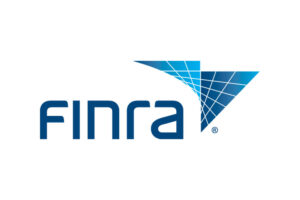The duration of an IPO process can vary depending on a number of factors, such as the size of the offering, the complexity of the company’s financials, and market conditions.
Typically, an IPO process can take anywhere from several months to a year or more to complete. The process can be broken down into several stages, each with its own timeline:
Pre-IPO preparation: This stage can take several months and involves preparing the company for the IPO, including getting its financial statements in order, identifying potential underwriters, and conducting due diligence.
SEC filing: Once the company is ready to proceed with the IPO, it must file a registration statement with the Securities and Exchange Commission (SEC). This process can take several months, as the SEC reviews the registration statement and provides feedback.
Roadshow: After the SEC has cleared the registration statement, the company and its underwriters will conduct a roadshow to market the offering to potential investors. This typically takes several weeks.
Pricing and allocation: Once the roadshow is complete, the underwriters will determine the final offering price and allocate shares to investors. This process typically takes several days.
Trading debut: After the offering is priced and the shares are allocated, the company’s shares will begin trading on the stock exchange. This typically happens a few days after the pricing and allocation stage.
In summary, the entire IPO process can take several months to a year or more, with different stages taking varying amounts of time.







